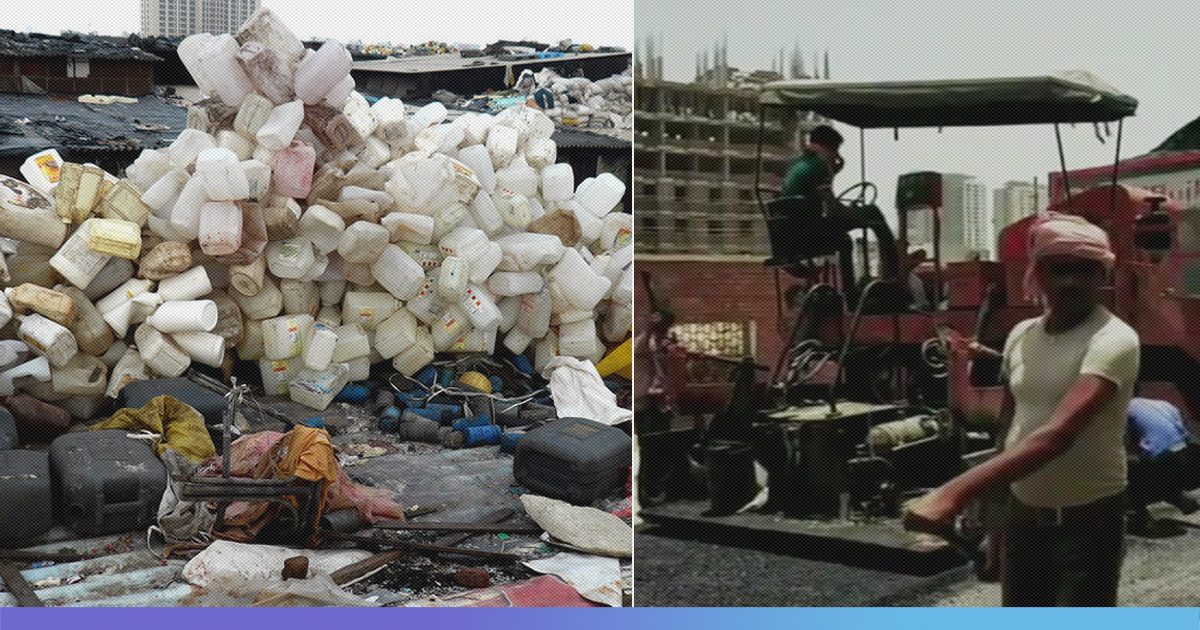The Lucknow Development Authority is constructing a 10 km long road, from Gomti Nagar Police Station to the Indian Institute Of Management Lucknow, using plastic waste. Padmashri awardee and reputed Scientist Rajagopalan Vasudevan, also known as the ‘Plastic Man Of India’ will be leading the project.
Plastic Road By Lucknow Civic Body
According to the project’s Chief Engineer, Indushekhar Singh, mixing plastic waste increases roads’ durability by 40-50 per cent.
“We use less than 50-micron plastic and around 8-10 per cent of plastic waste is being mixed in coal tar”, he added.
Together with the Lucknow Municipal Corporation (LMC), the authorities would need 178kg of plastic for the project, launched on a pilot basis. 120 kg of plastic will be obtained by the LMC, while the remaining 58kg will be from the residential colonies under their jurisdiction.
“LDA will be following all the guidelines of the Central Road Research Institute (CRRI) in the construction of this road,” Singh said.
Singh, told the media, “The process doesn’t require any complex machinery. It just needs to segregate plastic waste to a particular size, heat it and mix it with bitumen to bind it.”
The decision of using plastic waste for road construction was taken on ‘World Environment Day’. It was inspired by many foreign countries, like China and Thailand, who were able to achieve great success with this environment-friendly experiment.
Benefits Of Mixing Plastic Waste With Coal Tar
In the process of building roads using plastic waste, the plastic granules would replace concrete in construction. These roads will be more resistant to rain, water stagnation and would also help in solving the problem of waste disposal.
Plastic can improve the quality of flexible pavements and avoid the destruction of roads, during any season.
According to a performance report by India’s Central Pollution Control Board (CPCB), Chennai was the first city to have adopted this technique. The plastic tar roads in Chennai have not developed any potholes, or cracks, even though these roads are more than four years old.
Pune, which produces more than 200 tonnes of plastic waste each day, has used 3,343 kilos of plastic waste in building 1,430 kilometres of roads in the last two years.
“Using plastic waste can help India, which has the world’s second largest road network, in reducing road accidents deaths. Potholes, a common feature of roads in India, are responsible for one-tenth of deaths that occurred in 2017 due to road accidents in the country”, professor Vasudevan, fondly known as the ‘Plastic Man Of India’ explained to the media.
Also Read: We Might Be Consuming 5 Grams Of Plastic Every Week: Study











